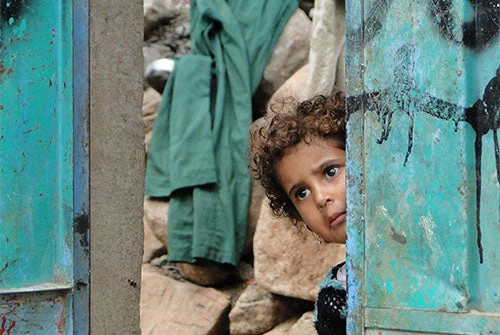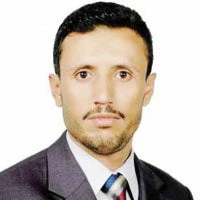 Fiscal and administrative corruption continues to strain the Yemeni economy; the very same corruption that was a major driver for the 2011 street protests and the ouster of the most recent national unity government. The three year transition period has not brought any noticeable improvement in anti-corruption efforts. On the contrary, with an all but absent and weakly performing government, corruption is still rampant and growing. The culture of corruption has infected all aspects of public and private activity and presents a great challenge the government must be aware of and ready to confront; especially considering Yemen is ranked 14
th on Transparency International’s 2014 Corruption Index and is the most corrupt country in the Arabian Gulf region.
Fiscal and administrative corruption continues to strain the Yemeni economy; the very same corruption that was a major driver for the 2011 street protests and the ouster of the most recent national unity government. The three year transition period has not brought any noticeable improvement in anti-corruption efforts. On the contrary, with an all but absent and weakly performing government, corruption is still rampant and growing. The culture of corruption has infected all aspects of public and private activity and presents a great challenge the government must be aware of and ready to confront; especially considering Yemen is ranked 14
th on Transparency International’s 2014 Corruption Index and is the most corrupt country in the Arabian Gulf region.
Corruption networks and their impact on the national economy
About two decades ago, corruption became rampant under the former regime. Ever since, in the absence of a system of control and accountability, it is now reflected in every area of public and private affairs. w. Corruption and patronage networks are running the country’s public affairs, which has led to weak government performance, and the creation of corrupt power blocs that control public resources. For example, corruption at the civil service has created large numbers of "ghost workers”, putting intense pressure on the state budget while unemployment rates among youth remain high. Corruption in the energy, communications, and health and education sectors has led to the deterioration of the quality of service delivery and in some areas these services have even ceased to exist.
Corruption and its impact on the private sector
Yemen has become an unfavorable investment environment, not solely on account of the security conditions, but also due to the involvement of corrupt and influential people who impose illegal conditions on investors. Investors are required to pay large amounts of money for facilitation and protection. These practices have resulted in a lack of job opportunities due to investor flight and fears among even Yemeni businessmen abroad from coming back to invest in their home-country.
Parliament’s role in fighting corruption
Parliaments around the world, particularly in democratic countries, are the voice of the people. They play a substantial role in determining how a country is to be governed by enacting legislation or by monitoring the implementation of the law.
The actual role played by the Yemeni parliament, however, is largely ineffective. The reasons for this include its current structure and the weakness and fragility of its internal capacity as an institution. The parliamentary majority has in previous years become an obstacle impeding the government’s accountability, as it is always used to defend the government and its policies.
In its remaining term, the current parliament could fulfill its proper role, if it proves to be committed to accountability. It will also require that different parliamentary blocs resist political entrenchment and squabbling. The tools available to parliament for oversight and fighting corruption are in fact strong enough.
The parliament’s role in combating corruption is of utmost importance today. Yemen is undergoing a transition period with many corruption networks still active and the executive authority is distracted by political, economic and financial crises. The existing regulatory and corruption-fighting bodies are weak.
Official anti-corruption bodies
The establishment of the Supreme National Authority for Combating Corruption in 2006 was a glimpse of hope and a first step on the right path. Alas, its role has not been fully realized. It was prevented from speeding up investigative procedures or referring cases to the relevant authorities. In addition, there is a lack of special courts to handle corruption cases in Yemen. So far, only 71 cases have been referred to the courts, out of 2,400 complaints and reports filed between 2007 and the end of November 2014.
I believe that fighting corruption is possible when the leadership is resolute. The issue must be tackled from the top-down, with higher officials in Yemen committed to combating corruption. It is also critical that anyone convicted of corruption face the legal punishment regardless of his or her political and social status.


Join the Conversation